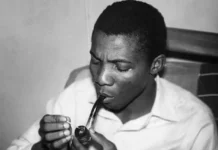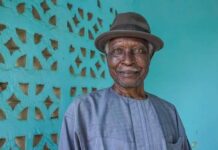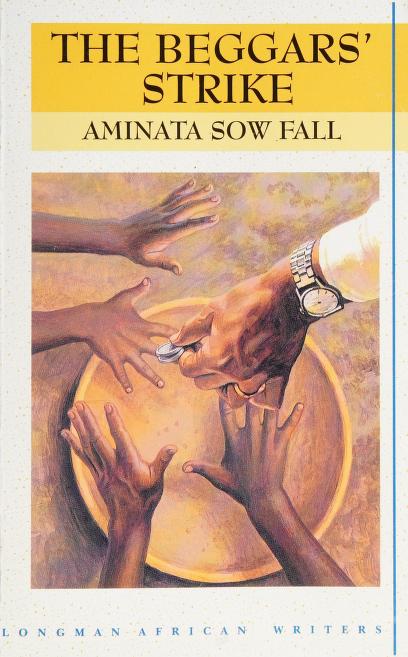🎉 Holiday Promo! Get Study Guides for 10+ WASSCE Texts — Just ₦5,000 (July 27 – Sept 18)
Profile
Born: 1931, Gulu, Uganda
Died: 1982, Kampala, Uganda
Known for: Song of Lawino, Song of Ocol, Cultural Criticism, Oral Poetic Innovation
Who Was Okot p’Bitek?
Okot p’Bitek was a Ugandan poet, folklorist, religious thinker, and cultural activist, widely celebrated for pioneering a unique genre of African poetry rooted in oral traditions.
He revolutionised East African literature in the 1960s and 1970s through his long-form narrative poems (or “songs”) that artfully wove together the rhetorical devices, performance styles, and moral sensibilities of the Acholi people of northern Uganda.
Literary Beginnings
Okot’s journey into poetry began in his teenage years. He studied at King’s College, Budo, during the 1950s, where he composed Acan, an opera inspired partly by Mozart’s The Magic Flute.
However, it was his deep immersion in Acholi oral traditions (thanks largely to his mother, a revered composer-singer) that shaped his literary voice.
In a 1980 interview with Bernth Lindfors, Okot noted:
“It was my mother’s influence that was important in making me a singer.”
His first literary work, Lak Tar Miyo Kinyero Wi Lobo (White Teeth Make Us Laugh on Earth), written in the Acoli language in 1953, was a novel critiquing the exploitative bride-wealth system. It reflected his growing concerns about social inequality and the breakdown of traditional kinship systems under modern economic pressures.
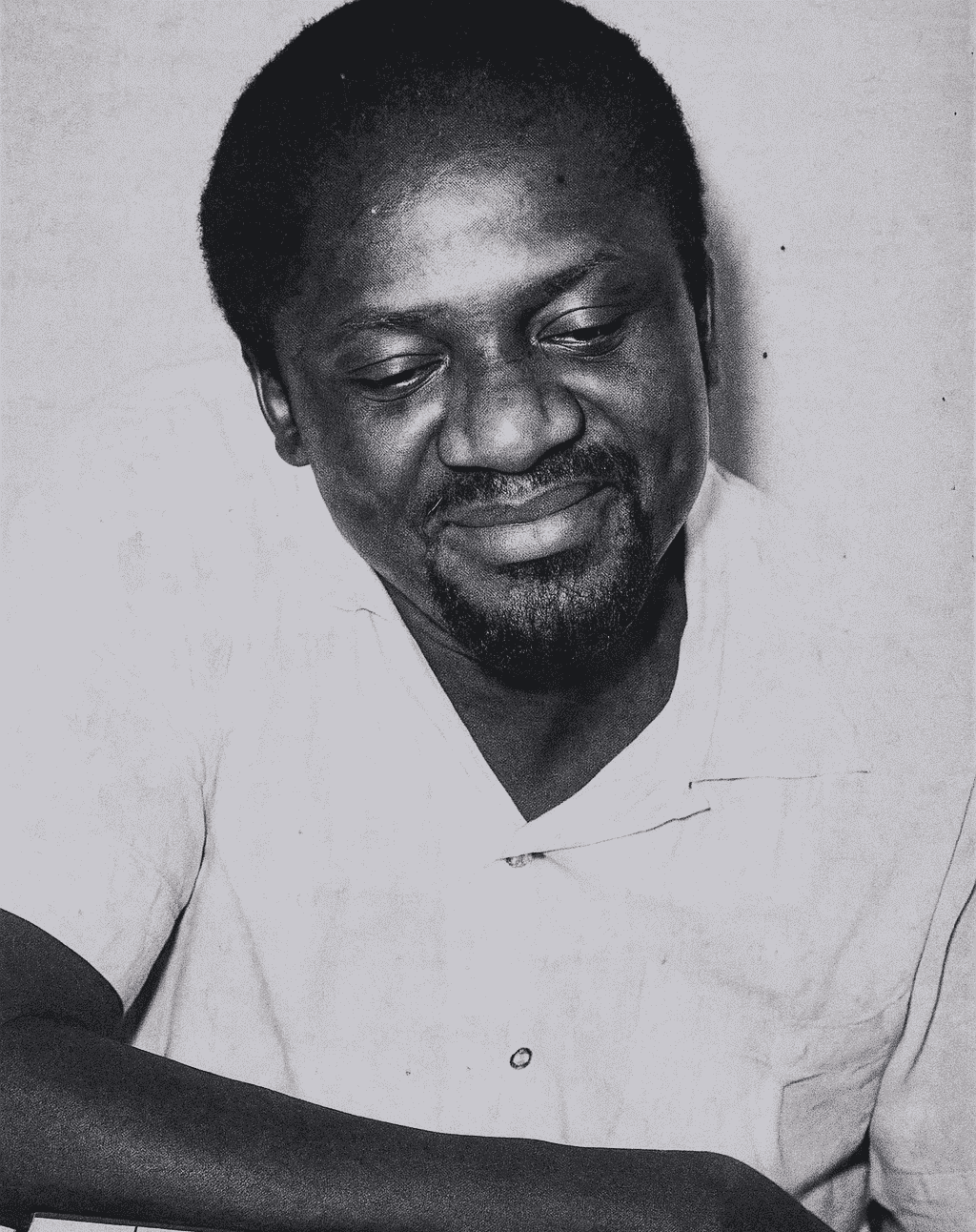
Okot p’Bitek’s Poetic Breakthrough
Okot p’Bitek shot to literary fame with Song of Lawino (1966), a long dramatic monologue narrated by Lawino, a traditional Acholi woman lamenting the alienation of her Westernised husband, Ocol.
The poem critiques colonial mentality, cultural self-hatred, and the loss of African identity among the educated elite.
In Song of Ocol (1970), Ocol represents the educated African elite who despise their cultural roots, equating their pre-colonial identity with backwardness. He yearns to replace traditional values with Western ideologies, even going as far as wanting to cut down the ancestral tree housing his family gods.
His internalised colonialism is starkly contrasted with Lawino’s unshaken pride in African heritage.
Lawino’s voice, rich with metaphor and proverb, defends indigenous traditions, religion, and feminine identity against the tide of Western assimilation.
Extending the “Song” Tradition
Okot expanded the “song” form in:
- Wer pa Lawino (1969): The Acoli version of Song of Lawino
- Two Songs (1971): Song of Prisoner and Song of Malaya
Song of Prisoner
This poem explores state oppression, mass incarceration, and the silencing of dissenting voices.
One character is a former minister, another a voter jailed for demanding his fair share of national resources.
Okot critiques the betrayal of the masses by post-independence African politicians.
Song of Malaya
Malaya (Swahili for “prostitute”) is portrayed as a bold voice against societal hypocrisy.
Though Okot does not condone prostitution, he uses Malaya to challenge outdated morality, double standards, and the suppression of female sexuality.
Okot p’Bitek as a Thought Leader
Beyond poetry, Okot was a pioneering thinker on African religion and cultural values. His academic contributions include:
- African Religion in Western Scholarship (1971)
- Religion of the Central Luo (1971)
He argued that African religious thought had long been misunderstood and misrepresented by Western academics and missionaries.
His writing urged Africans to reclaim and reassess their spiritual and cultural traditions.
The Role of the Artist
In Africa’s Cultural Revolution (1973) and Artist the Ruler (1986), Okot expressed a provocative vision:
The artist is not just a mirror of society, but its ruler and conscience.
He believed artists had a responsibility to challenge social injustice, guide public morality, and preserve cultural memory in postcolonial Africa.
Champion of Oral Traditions
Okot p’Bitek’s collections like Horn of My Love (1974), Hare and Hornbill (1979), and Mere Words (1985) helped document and translate Acholi oral songs, folktales, and proverbs. These texts provide invaluable insights into the rhythms, humour, and wisdom of precolonial African society.
Legacy
Okot is someone one may call a voice ahead of his time. Though initially little known outside East Africa, Okot p’Bitek is now recognised globally as:
- A postcolonial innovator in African poetry
- A cultural nationalist advocating for African values
- A literary pioneer who brought oral aesthetics into written form
His themes (cultural alienation, political betrayal, gender dynamics, and religious conflict) remain as relevant today as they were in post-independence Africa.
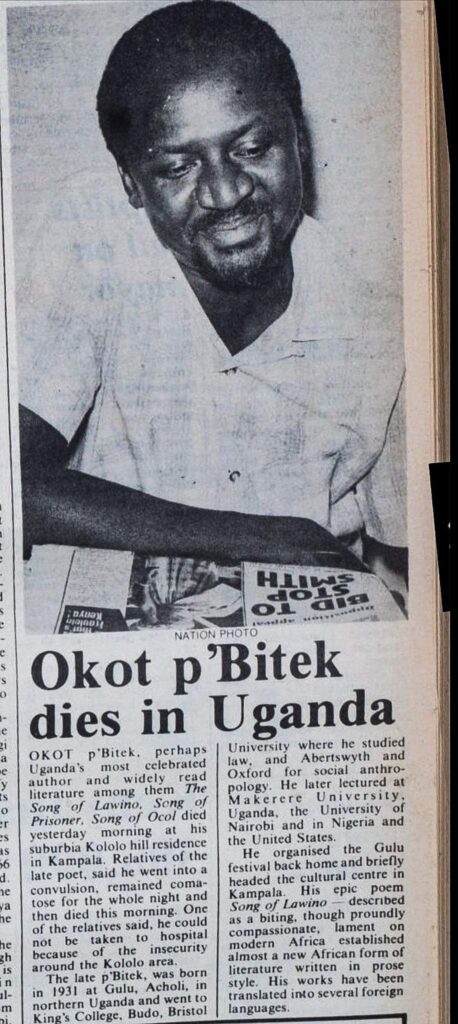
Why Okot p’Bitek Matters
Okot p’Bitek’s work is essential reading for anyone interested in:
- Postcolonial African literature
- The intersection of tradition and modernity
- The power of oral literature in written form
- Cultural identity and decolonisation
He reminds us that African voices need not imitate foreign standards to be powerful. They are powerful because they are rooted, rhythmic, and real.
Receive Literary Updates through our Social Media Channels:
- WhatsApp: Literature PADI
- Telegram: Literature PADI
- YouTube: @literaturepadi
- Facebook: Literature PADI

